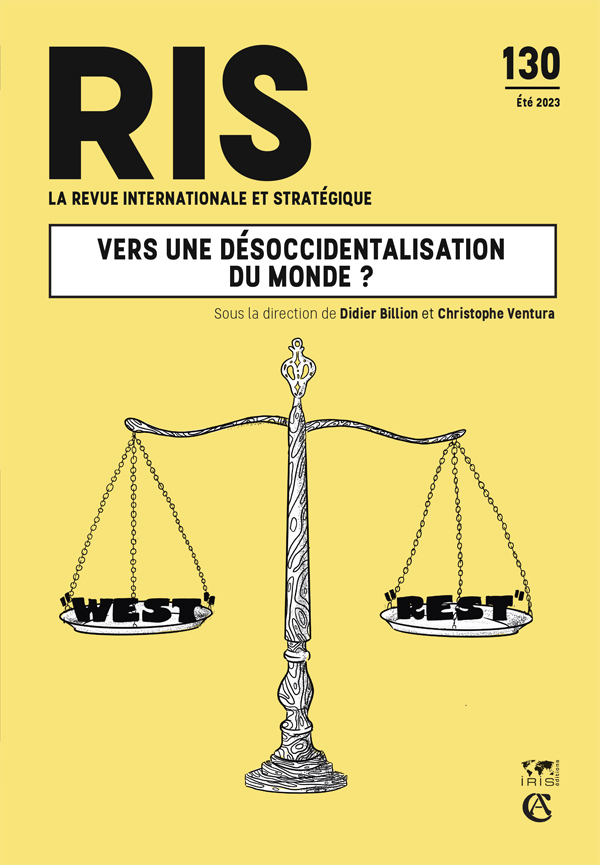Juin 2023
Do BRICS Countries Want to Shape a New World Order?
 Vers une désoccidentalisation du monde ?
Vers une désoccidentalisation du monde ?
RIS 130 - Été 2023

Cet article est réservé aux abonné·e·s
Abonnez-vous à la RIS
Porem ipsum dolor sit amet, consectetur adipiscing elit. Etiam eu turpis molestie, dictum est a, mattis tellus. Sed dignissim, metus nec fringilla dorem ipsum dolor sit amet, consectetur adipiscing elit.

Déjà abonné ? Connectez-vous

